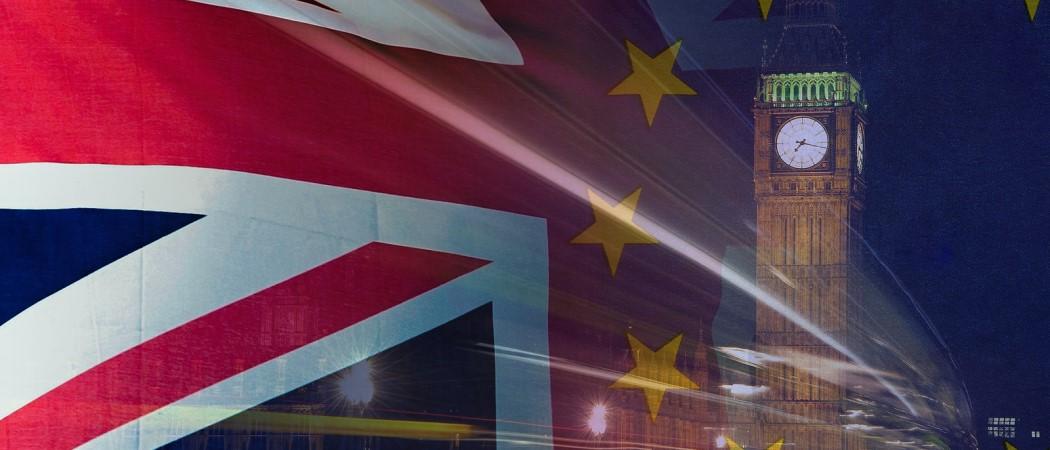As UK looks about to lose its place in virtual European clinical networks, Cambridge University geneticist says ‘this isn’t some nebulous thing’ - a disease might only affect 50 people in the UK, but the top expert may be in Amsterdam

Failure to do a post-Brexit trade deal with the European Union will see the UK excluded from the European Reference Networks set up to improve the care of people with rare diseases, warn researchers.
“We wish to emphasise the detrimental health implications for the one in 17 UK citizens who are diagnosed with a rare disease,” over 50 researchers wrote in a letter to The Lancet medical journal.
One of the organisers of the letter, geneticist Marc Tischkowitz of Cambridge University, told Science|Business the UK risks throwing away “a huge amount of work”.
The pan European networks allow researchers to increase their observations on diseases for which there is not always much available knowledge.
“You’ve maybe only got tens or hundreds of patients suffering from a particular condition, so you get very wide estimates when you’re dealing with this small a number. But if you can be systematic, you can get better data across Europe,” Tischkowitz said.
The 24 EU networks came to life in January 2017, but the groundwork for them started years earlier. UK-based researchers originally led six of these reference networks, but after Brexit had to step down.
The EU groups bring together large collaborative teams of researchers, clinicians, patients and advocacy groups to pool resources across Europe in the study of genetic disorders and hereditary cancers for which there are often no existing cures.
EU money pays administrators to run the networks, which gain contributions from almost 1,000 specialised healthcare units from over 300 hospitals in Europe. The groups hold monthly calls and meet twice a year.
Their existence makes it “much easier” to develop guidelines, create disease registries, build research collaborations, and create new education and training programmes, researchers say.
“Rare diseases are rare, but experts are rarer still. With an estimated 6,000–8,000 rare diseases, the [reference networks] were set up because no single country has the expertise or resources to cover them all,” the Lancet letter said.
The UK could try replicating the EU groups after Brexit but Tischkowitz says it would involve “crazy duplication and effort”.
“Anything we do won’t be as good as what we have. We’ve invested time and effort into getting these going. There’s a huge sense of frustration because you can’t do this in one country alone,” he said. “We feel really bad about this because we seem to be losing out on this just when it’s beginning to show some fruit.”
‘Use some imagination’
Tischkowitz said he wants the letter to increase pressure on negotiators, as talks with the EU go down to the wire before the UK’s formal departure from the EU on December 31.
He called on politicians to “use their imaginations” to ensure the UK can still be part of these groups beyond this year.
On Wednesday, the president of the European Commission said there is “a narrow path” to a post-Brexit trade agreement. Ursula von der Leyen said there is a responsibility on both sides to keep negotiating and that despite agreement having been reached on most issues, "this is now a case of being so close and yet being so far away from each other".
Without the networks, the management of rare diseases in Europe would be “haphazard”, said Tischkowitz.
“This isn’t some nebulous thing. A disease might only affect 50 people in the UK but the leading expert may be in Amsterdam,” he said.
Experts can use the networks to discuss the unexpected side effects of a disease, he said. “If there’s a rare thing of a rare thing, then you’re really struggling. But you can bring challenging patients to a secure forum anonymously, where you can discuss with experts around Europe. We haven’t done many of these but the option is there.”
“The advantage of all this is having experts in the one place at a given time. In the past, you may have sent an email to someone in Paris and hope for a response,” Tischkowitz said.





 A unique international forum for public research organisations and companies to connect their external engagement with strategic interests around their R&D system.
A unique international forum for public research organisations and companies to connect their external engagement with strategic interests around their R&D system.